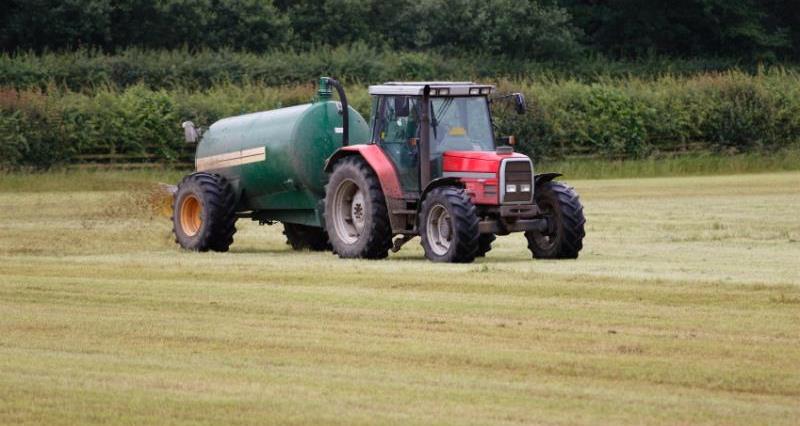The statement includes the following hierarchy of actions:
- If you can follow Rule 1 of Farming Rules for Water, then you do not need to use the RPS – carry on with your planned activities.
- If you can follow the conditions in the RPS – tell the Environment Agency you are using the RPS as described in the ‘contact’ section, and carry on with your activities.
- If you cannot comply with the conditions in the RPS, email enquiries@environment-agency.gov.uk or call 03708 506 506 (general enquiries). The Environment Agency will assess the risk of your activities. For this autumn, it will allow activities that will not cause significant risks (significant risk may result from repeated applications to the same field or spreading close to protected sites, such as Natura 2000 sites). You must not start your activities until the Environment Agency confirms you can do so
By allowing activities that will not cause ‘significant risks’, the third stage of the hierarchy appears to offer more flexibility than before for farmers who cannot comply with Rule 1 of Farming Rules for Water or the RPS that accompanies it.
However, we still recommend members take independent advice before proceeding down this route.
Read the new Environment Agency statement on GOV.UK – Spreading organic manure on agricultural land: RPS 252
Further clarity still needed
While this is a welcome development, several key areas of uncertainty remain. These include: what compliance with Rule 1 means in practice in terms of what soil and crop need is, when it can be satisfied, and how pollution risk is judged.
We are still hearing that many members are still struggling to make sense of the RPS. If the Environment Agency cannot retract the RPS as the NFU has requested, it should certainly be looking to make the rules far clearer for farmers.
The Environment Agency statement also refers to the organisation’s enforcement and sanctions policy and describes how it acts proportionately when applying the law. The statement says this ‘normally means working with farmers, setting out what they need to do to be compliant, rather than moving straight to sanctions. The Environment Agency will take regulatory action where appropriate, for example where activities result in a significant pollution incident'.
The guidance in our flowchart below largely reflects the new Environment Agency hierarchy, but we will update it shortly to include the further information in the third stage.
If you are also in a Nitrate Vulnerable Zone (NVZ) then you should also follow the rules as set out on GOV.UK's NVZ page in the Rules you must follow.
